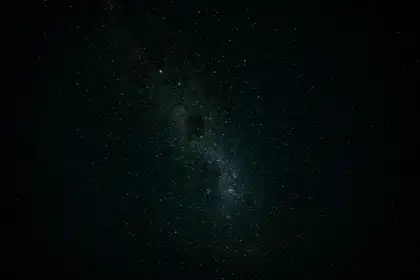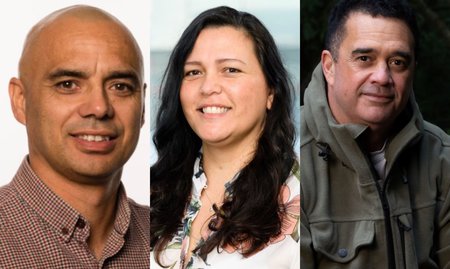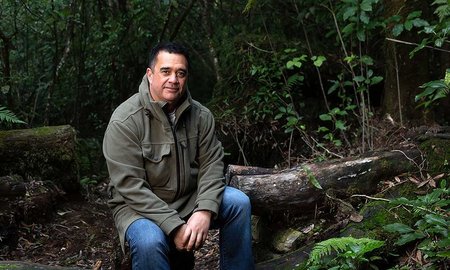
Image by Toby Hall // Unsplash
The Tātai whetū – Māori and Indigenous astronomy course will provide an understanding of the origins of the Indigenous astronomy that has guided generations, including Māori tupuna, while also shaping culture, the environment and ecological systems.
Led by well-known Māori astronomers, including the man behind Matariki Professor Rangi Mātāmua, Associate Professor Pauline Harris and Professor Hēmi Whaanga, the course will also feature guest speakers of national and international note. Its primary focus will be on Māori astronomy, exploring the uses, practices, movement and applications of the sun, moon and stars and how they relate to the environment and ecological systems as a whole.
Dr Harris says learners will engage with key concepts such as Matariki, the Māori New Year and the lunar calendar Maramataka, gaining insights into their significance in both cultural and environmental contexts.
“Together, we will journey through the stars, discovering how Māori navigated the great oceans of the Pacific, how they track time and understand the universe. We will delve into kōrero tuku iho, oral traditions and history, while also exploring modern applications of astronomical knowledge.”
The course is designed to be entirely accessible online, allowing enrolment and participation from anywhere. Whether you are a seasoned astronomy enthusiast or a curious learner, the Summer School offering presents a unique opportunity to broaden your understanding of the cosmos through a Māori and Indigenous lens.
Professor Mātāmua shares the whakataukī “Ko tātai arorangi, he kaiarataki i te rā” as one of his favourites, stating that it illustrates how we are all connected to the sky.
“The whakataukī speaks of how all the activities of the day were governed by celestial bodies, or the objects of the night sky determine the activities of the day. In a Māori sense and to truly understand the earth and Papatūānuku, you have to look up and understand the sky and Ranginui because they are the same thing. One is, in many ways, a reflection of the other and they are very connected.”
Applications for Summer School close 31 October for new students and 6 November for current Massey University students.
Learn more about applying for Tātai whetū – Māori and Indigenous astronomy here, and find the course breakdown here. Explore more about Summer School here and view all available Summer School courses here.
Related news
Massey researchers secure funding to pioneer space-based earth observation studies
Two Massey researchers have been awarded funding to undertake globally important research that contributes to the understanding of our planet.

Opinion: Te Rā Aro ki a Matariki
By Professor Hēmi Whaanga, Associate Professor Pauline Harris and Professor Rangi Mātāmua, Te Pūtahi a Toi School of Māori Knowledge.

Meet the man behind Matariki celebrations: Professor Rangi Mātāmua
There are few people whose decisions can influence and impact the daily lives of all New Zealanders, and renowned Māori scholar Professor Rangi Mātāmua, Tūhoe, is one of them: he is responsible for leading the formation of the country’s newest public holiday, Matariki on 24 June.
